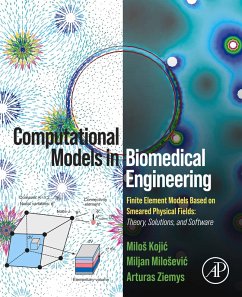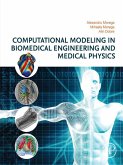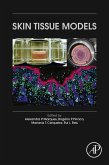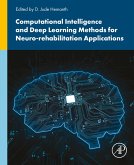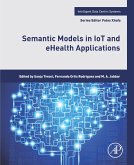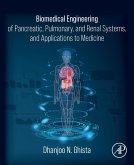Computational Models in Biomedical Engineering: Finite Element Models Based on Smeared Physical Fields: Theory, Solutions, and Software discusses novel computational methodologies developed by the authors that address a variety of topics in biomedicine, with concepts that rely on the so-called smeared physical field built into the finite element method. A new and straightforward methodology is represented by their Kojic Transport Model (KTM), where a composite smeared finite element (CSFE) as a FE formulation contains different fields (e.g., drug concentration, electrical potential) in a composite medium, such as tissue, which includes the capillary and lymphatic system, different cell groups and organelles.
The continuum domains participate in the overall model according to their volumetric fractions. The governing laws and material parameters are assigned to each of the domains. Furthermore, the continuum fields are coupled at each FE node by connectivity elements which take into account biological barriers such as vessel walls and cells.
The continuum domains participate in the overall model according to their volumetric fractions. The governing laws and material parameters are assigned to each of the domains. Furthermore, the continuum fields are coupled at each FE node by connectivity elements which take into account biological barriers such as vessel walls and cells.
- Provides a methodology based on the smeared concept within the finite element method which is simple, straightforward and easy to use
- Enables the modeling of complex physical field problems and the mechanics of biological systems
- Includes features that are illustrated in chapters devoted to applications surrounding tissue, heart and lung
- Includes a methodology that can serve as a basis for further enhancements by including additional phenomena which can be described by relevant relationships, derived theoretically or experimentally observed in laboratories and clinics
Dieser Download kann aus rechtlichen Gründen nur mit Rechnungsadresse in A, B, BG, CY, CZ, D, DK, EW, E, FIN, F, GR, HR, H, IRL, I, LT, L, LR, M, NL, PL, P, R, S, SLO, SK ausgeliefert werden.

